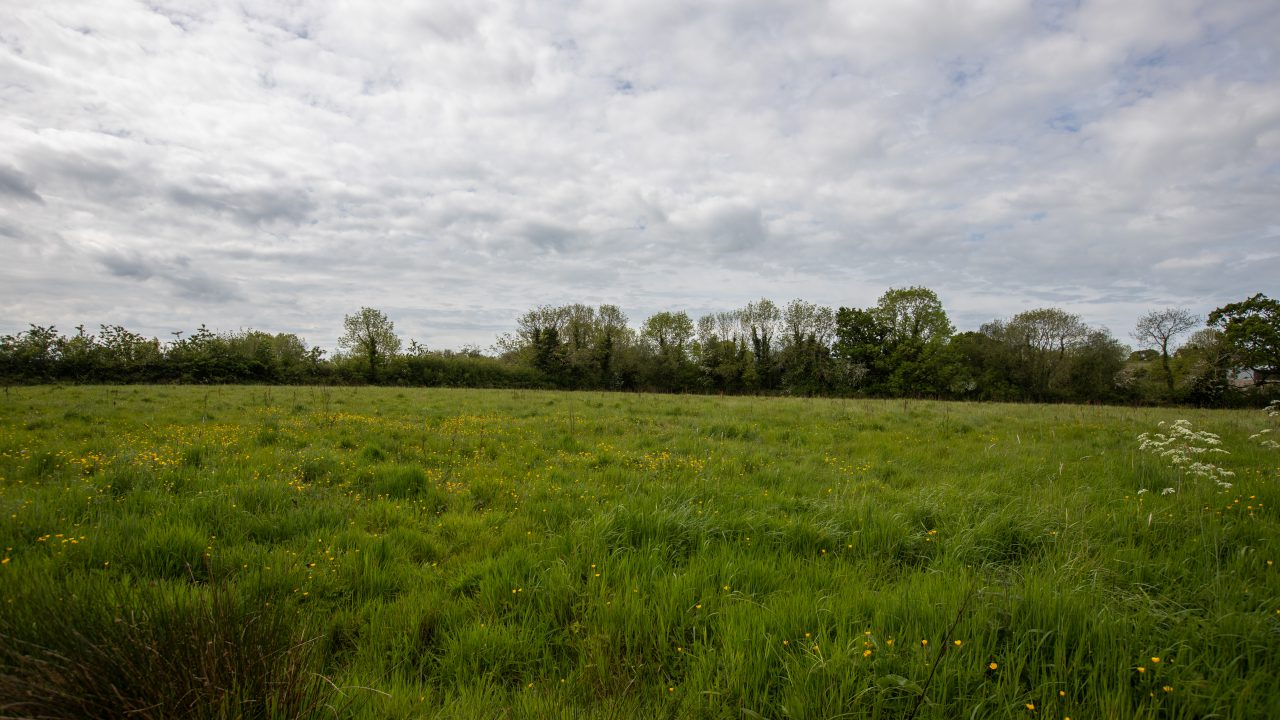The name and eligibility details of the Agri Climate Rural Environment Scheme (ACRES) were announced yesterday (Tuesday, June 21), and it has received a decidedly lukewarm reception from farm organisations so far.
The Irish Cattle and Sheep Farmers’ Association (ICSA) is the latest farm group to voice criticism of ACRES, with the association’s rural development chairperson claiming it “lacks ambition and innovation”.
According to Tim Farrell, the new scheme, which will replace the Green, Low-carbon Agri-environment Scheme (GLAS) from next year, “still leaves farmers baffled as to how it will reward those who want to go the extra mile for environmental objectives”.
“There is a definite lack of ambition to reward farmers. There doesn’t seem to be much innovation in what has been announced to convince farmers that this is a worthwhile improvement on GLAS.”
Farrell asserted that the scheme is a “rehash” of GLAS, which, he said “was marked by a lot of action which were too costly to benefit the farmers”.
The new scheme will have two streams for entry – ACRES General and ACRES Co-operation, the latter of which offers a higher rate of payment, but is only open to farmers in eight co-operation project (CP) zones.
“[Minister for Agriculture, Food and the Marine Charlie McConalogue] has bet the house on the ACRES Co-operation approach…but this is confined to eight limited regions which means that the majority of land in the country will not be eligible and some counties will have no land eligible [for the co-operation approach] at all,” Farrell highlighted.
“It is disappointing that, at a time where the EU Green Deal is centre stage, the new agri-environment scheme brings less benefits to farmers who want to go the extra mile than REPS [Rural Environmental Protection Scheme] did 20 years ago.”
The ICSA rural development chairperson argued that farmers who participate in the scheme “must be better off than those who don’t”; and that this “must be on a realistic basis to take account of the value of the farmers’ time”.
“Unless the value of a farmer’s time, including management and administration, is factored into the agri-environment scheme, they would be better off looking at off-farm income opportunities at a time when jobs were never so plentiful,” Farrell concluded.
